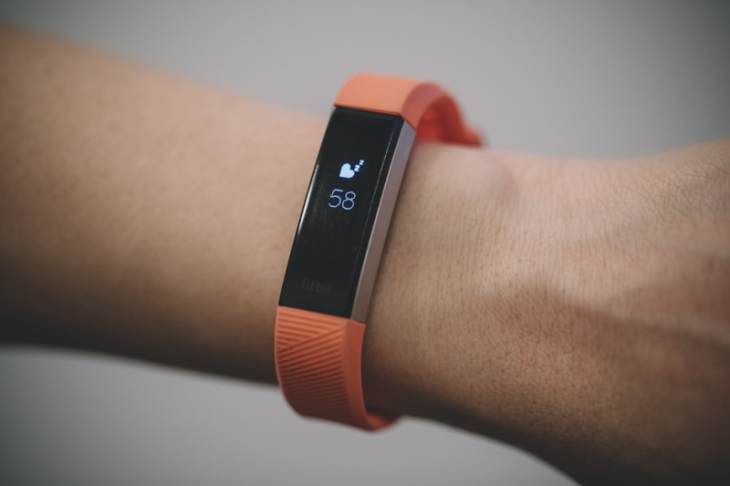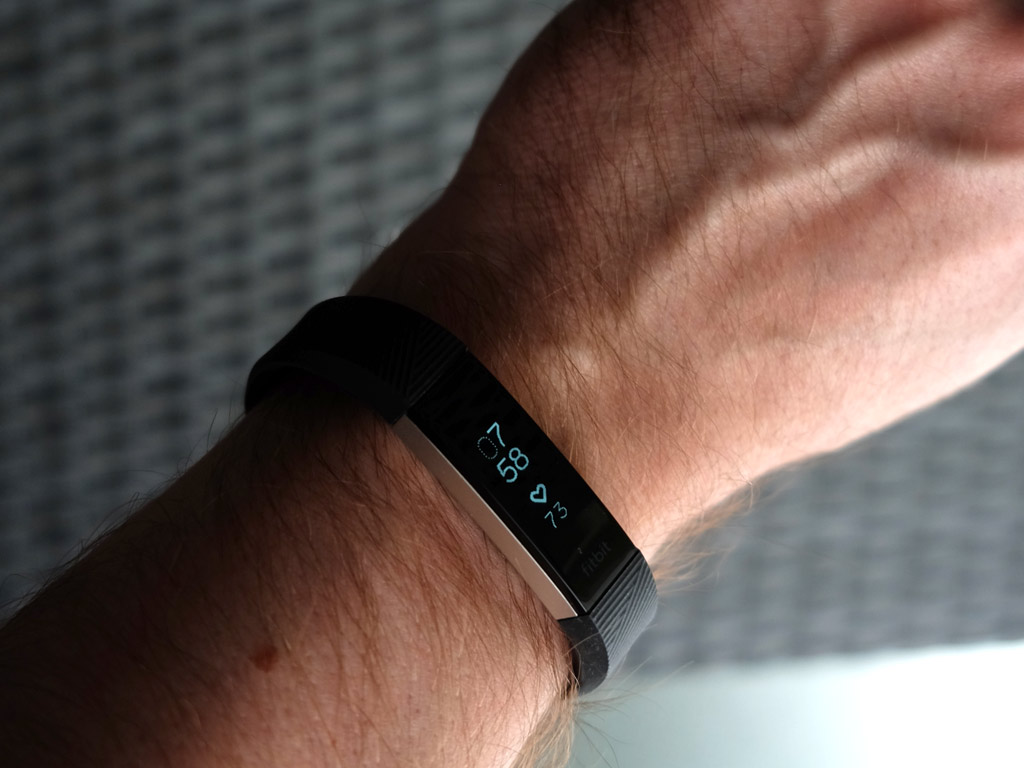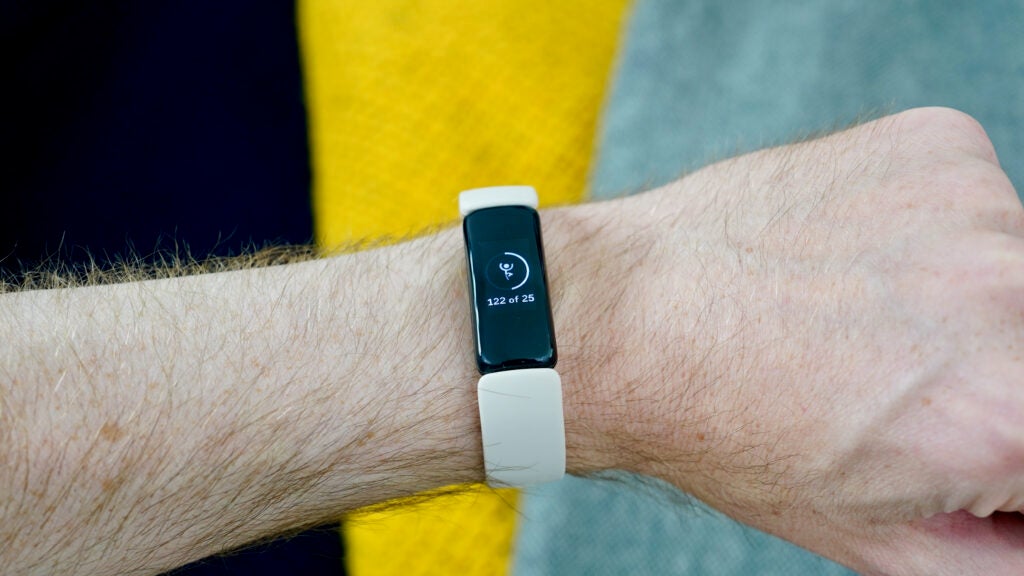Anonymity check / PROXY6.net
With this service, you can check how anonymous you are on the network, how much data provided by your computer/browser, the same data provided by your ip-address.
My IP
64. 235. 38. 185
Whois
Host
mWhois
Country
United States (US)
CitySanta Clara
Zipcode95052
Coordinates
37. 353, -121. 9543Show map
OSWindows
BrowserChrome 94. 0. 4606. 61
Time zone IPAmerica/Los_Angeles
Time IP05-10-2021, 08:16
Time system
UserAgentMozilla/5. 0 (Windows NT 10. 0; Win64; x64) AppleWebKit/537. 36 (KHTML, like Gecko) Chrome/94. 61 Safari/537. 36
UserAgent JS
My anonymity:
Proxy
VPN
Tor
Anonymizer
Blacklist
Flash
Java
ActiveX
WebRTC

Anonymity check – 2ip.io
All visited sites detect personal information:
your address: United States, Santa Clara
your IP address: 64. 235. 38. 185
your ISP: A+Hosting
We can verify the accuracy of this information, whether or not it is really true, whether or not you are using a proxy, anonymizer, VPN server, Tor or any other means of anonymization.
Verification method
Result
HTTP proxy headers
no
Open HTTP proxy ports
Open web proxy ports
Open VPN ports
Suspicious hostname
Difference in time zones (of browser and IP)
IP: 2021-10-08 07:06 (America/Los_Angeles)
browser:
Attribution of the IP to the Tor network
Browser Turbo mode
Hosting provider IP pool
Defining web proxy (JS method)
IP leak through Flash
Defining tunnel (two way ping)
DNS leak
no information about the DNS used
VPN fingerprint
IP leak through WebRTC
Check the anonymity of your internet connect. Checking anonymity in the internet. Testing VPN. Find out what others know about you from the net.
0%
Back

Does a VPN Make You Anonymous? – Tech Advisor
We explain how a VPN works, how it helps to protect your identity online but doesn’t make you anonymous.
A VPN can give you extra privacy online, but does it really make you anonymous?
By
| 02 Dec 2020
There are plenty of VPN services which claim that they make you anonymous online, but is this really true? Until you understand how a VPN works, you might well think no-one can identify you as you browse websites and use online services.
But this isn’t the case at all: your behaviour online can reveal who you are and no VPN provider should be claiming to make you anonymous.
Allow us to explain why.
How does a VPN give you privacy?
Let’s be clear from the start: a VPN offers better privacy. Privacy isn’t interchangeable with anonymity and VPNs don’t make you anonymous.
When you press the Connect button in your VPN app, an encrypted connection is established between the device you’re using and a VPN server in the location you choose.
Being encrypted, no-one can see what you’re up to: the websites you’re looking at, the messages you’re sending, the files you’re downloading.
This applies for the encrypted portion of the connection which is illustrated in the image below: it’s encrypted only to the VPN server. So the VPN service can see exactly which sites you’re visiting, who you’re talking to, when and for how long.
The connection between the VPN server and website (or web service) isn’t encrypted but your identity is protected because the server changes your IP address. For better protection use a VPN service that offers a ‘double VPN’ where your connection is routed via two servers and your IP address is changed twice.
An IP address is a unique code which can be traced back to a particular location and along with other information such as your device identifier (such as ‘iPhone 12’). But when you use a VPN, you get a new IP address which masks your real one. Along with using a different DNS, which is like the internet address book that translates a website’s name to its IP address, a VPN helps prevent that website and anyone who would try to figure out who you are from doing so.
This is why VPN services claim to make you anonymous.
So why am I not anonymous while using a VPN?
If you sign into a website, you immediately reveal your identity. That may be only an email address, but if you have your name, address, gender, date of birth and payment information stored on your account, this is a clear picture of exactly who you are.
Plus, it’s not impossible for those with the appropriate knowledge and tools to work out who you are based on things like your digital footprint – the trail of bits of information you leave behind as you use the internet. Sure, a VPN and encryption make it difficult, but the point is that it’s not impossible.
You should also know that even if your connection is encrypted, or your email or messages, the metadata isn’t. Take Signal as an example. This is the go-to app if you want to communicate securely, but even though the messages are encrypted, the metadata can reveal who you’re talking to, even if not what you’re saying.
The bottom line is that VPNs don’t offer anonymity. They do give you extra privacy and security and you certainly should use one – ideally all the time. Use a trustworthy one, too. Here are some of the VPN services we recommend you pick.
But if you want true privacy you’ll have to work a lot harder.
Related articles for further reading
How to hide your IP address
What is a VPN and why you need one
How to use a VPN
How to speed up a VPN
Best VPN services (plus free options)
Best UK VPN
Author: Jim Martin, Editor
Jim has been testing and reviewing products for over 20 years. His main beats include VPN services, antivirus and web hosting. He also covers electric bikes, dash cams and smart home tech.
Frequently Asked Questions about vpn anonymity test
Is VPN completely anonymous?
Privacy isn’t interchangeable with anonymity and VPNs don’t make you anonymous. … The connection between the VPN server and website (or web service) isn’t encrypted but your identity is protected because the server changes your IP address.Dec 2, 2020
How do I know if my proxy is anonymous?
If you are using proxy, you can check your anonymity. http://www.ip-privacy.com/ – shows (for specified IP) country and a city. Also shows your browser and operating system versions. N/A – shows real location of your computer (country and city), and also your Latitude (on site writed “Latitue”) and Longitude.
What does Anonymizer Yes mean?
An anonymizer or an anonymous proxy is a tool that attempts to make activity on the Internet untraceable. … It accesses the Internet on the user’s behalf, protecting personal information of the user by hiding the client computer’s identifying information.

